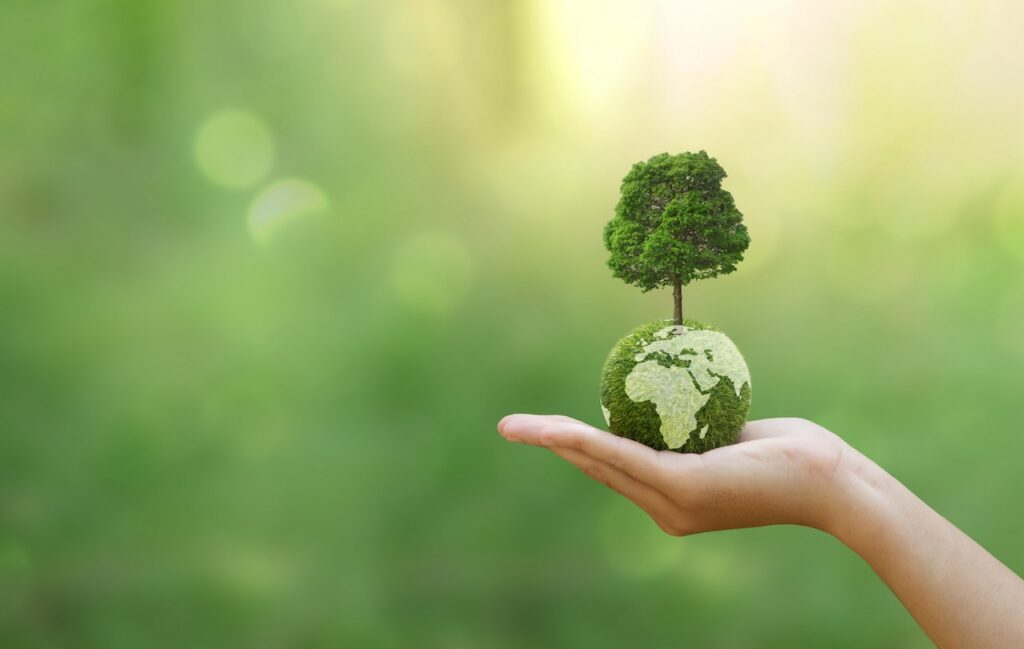While our country has observed Earth Day every year since 1970, our Church has taught care for the environment for centuries. God created man and woman as the crown of creation so we can be fruitful and multiply, to cherish Earth as a garden. However, because of humanity’s brokenness due to sin, we often misuse this priceless gift.
With our ability to manipulate the environment, there are those who use it for their own self-interest, consuming it with no regard for its long-term viability and care. In “Laudato Si’,” which is often referred to as his “environment encyclical” (even though it is much more than that), Pope Francis stated: “The misuse of creation begins when we no longer recognize any higher instance than ourselves, when we see nothing else but ourselves” (13).
We can learn much from those who own and farm fields as they do all they can to ensure their land remains fertile year after year. There’s a whole eco-system they follow in caring for this part of creation. Following the harvest, they prepare the soil so it will be productive during the next growing season. They are among the first environmentalists when it comes to having respect for the created order.
Unfortunately, due to industrialization and individuals’ indifference about its effects, many within our society have lost that respect. They are not as close to the earth as those from centuries past whose esteem for the land was reflected in how they cared for, cultivated and preserved it.
The priority the Church places on care for creation is evidenced by its status as one of the seven principles of Catholic Social Teaching, which also include dignity of the human person, call to family, community and participation, subsidiarity (rights and responsibilities), preferential option for the poor and vulnerable, dignity of work and the rights of workers, and solidarity.
Pope Francis noted in “Laudato Si’”: “All of us [emphasis added] can cooperate as instruments of God for the care of creation, each according to his or her own culture, experience, involvements and talents” (22).
This Christian call to appreciate the beauty of the created order and to sustain it contrasts with the neo-pagan approach. The latter deifies the created order and sees human beings as interfering with it, spoiling it.
We are not subservient to creation, nor are we a disruption to it. Rather, God created us to be integrated with it, care for it, cultivate it, and sustain it. The Church teaches us to be stewards over what God has entrusted to us.
We know God is above and distinct from creation. He places us in the oversight and care of all he has given to us. We tend it with the responsibility of something we own, yet we are beholden and answerable to God – the source of all creation. That’s what it means to be a Catholic steward.
In his 1990 World Day of Peace message, Pope St. John Paul II wrote: “The commitment of believers to a healthy environment for everyone stems directly from their belief in God the Creator, from their recognition of the effects of original and personal sin, and from the certainty of having been redeemed by Christ. Respect for life and for the dignity of the human person extends also to the rest of creation, which is called to join man in praising God” [Ps 148] (16).
As we observe Earth Day on April 22, let our praise and honor for God be demonstrated by our gratitude and ongoing respect for this precious gift in which we live.

